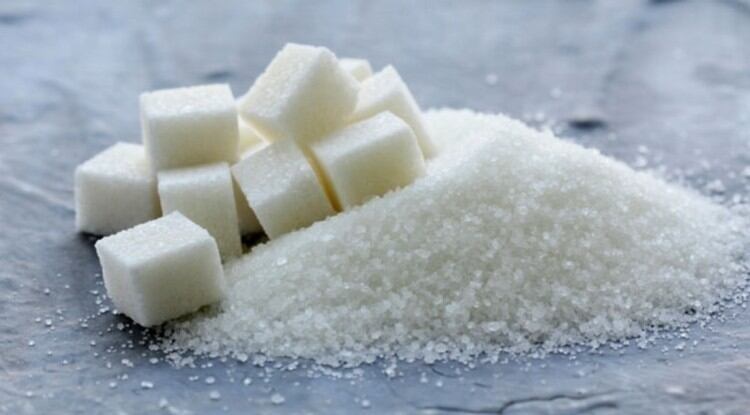Cutting sugar intake is top of the list in many consumer surveys and can be expected to remain important in 2020.
Sugar (sucrose) provides far more than sweetness, so replacing it in foods brings many challenges. Sugar provides functionality – for example controlling texture and freeze-point depression in ice cream, physical bulk, and is a preservative, flavour enhancer, fermentation substrate and colouring agent (eg, in baked goods).
Soft drinks success
Reducing the sugar content of soft drinks is a success story and good progress has been made with breakfast cereals and yogurts. However, a characteristic of sucrose that is difficult to replace is the absence of aftertastes and secondary flavours.
Consumer interest in ‘naturalness’ has popularised the use of stevia-based sweetening agents in drinks. But, as is evident from the limited overall progress towards sugar reformulation targets, replacing bulk and functionality can be particularly challenging.
There are several reasons for this. In some categories, use of low-calorie sweeteners is not permitted and even when they are allowed, they don’t provide the bulk, flavour profile and functionality associated with sugar.
Impact on food
Also, replacers may have no impact on cutting the overall calorie content of the foods (as they also provide calories) and, if fat-containing, they will actually increase the calorie content.
Sugar alcohols are an option, but these have gastrointestinal effects. Use of starches to reduce sweetness is another, but starches have the same calorie content as sugars. Use of fibres, in particular the non-digestible oligosaccharides, is proving popular, as dietary fibre has half the calories per gram provided by sugar.
This can be a win-win as most of us have fibre intakes below the recommended daily 30g and fibre delivers multiple health benefits (see tinyurl.com/BNF-prebiotics).




